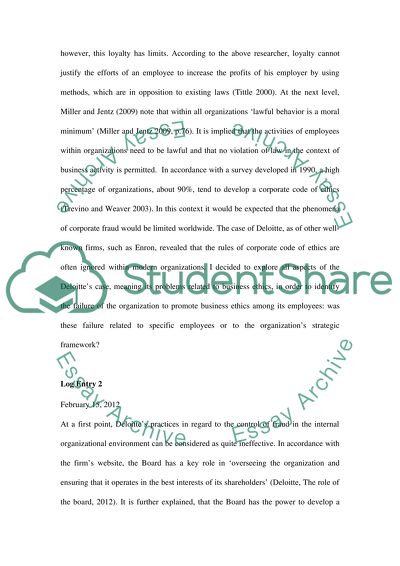Cite this document
(“Human Resource Management Essay Example | Topics and Well Written Essays - 2000 words”, n.d.)
Retrieved from https://studentshare.org/human-resources/1395349-human-resource-management-assignment
Retrieved from https://studentshare.org/human-resources/1395349-human-resource-management-assignment
(Human Resource Management Essay Example | Topics and Well Written Essays - 2000 Words)
https://studentshare.org/human-resources/1395349-human-resource-management-assignment.
https://studentshare.org/human-resources/1395349-human-resource-management-assignment.
“Human Resource Management Essay Example | Topics and Well Written Essays - 2000 Words”, n.d. https://studentshare.org/human-resources/1395349-human-resource-management-assignment.


